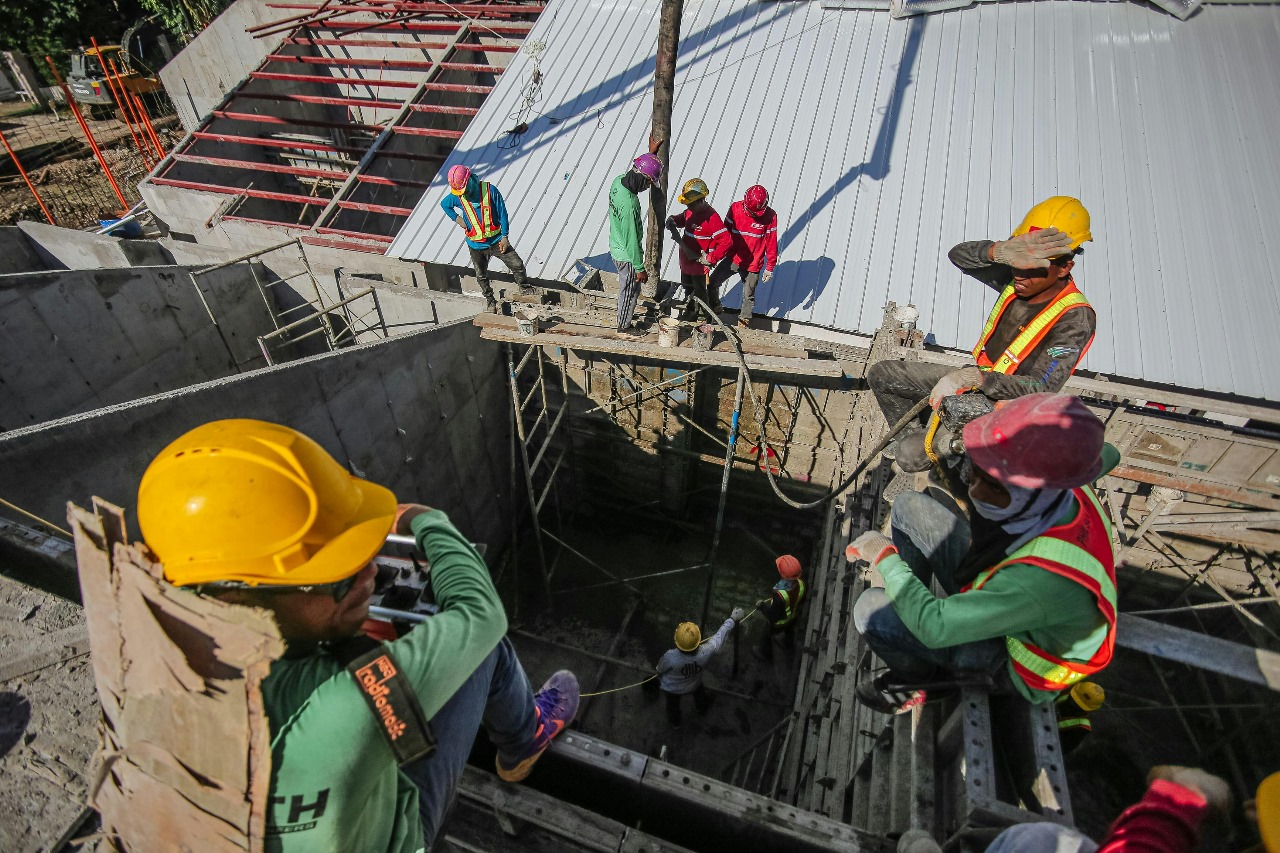The construction industry is vast and diverse, offering a wide range of career paths suited to different skills and interests. Whether you enjoy hands-on work, technical problem-solving, or leadership roles, finding the right specialization in careers in construction is key to job satisfaction and long-term success.
This guide will help you navigate the options, understand what each specialization entails, and make an informed decision that aligns with your strengths and ambitions.
Why Specialization Matters in Construction Careers
Specializing allows you to develop expertise in a specific area, making you more valuable to employers and increasing your earning potential. It also helps you focus your training and certifications on relevant skills, making career advancement clearer and more attainable.
Popular Specializations in Careers in Construction
Skilled Trades
The backbone of the industry, skilled trades include:
- Carpentry – Building frameworks, cabinetry, and finishes
- Electrical – Installing and maintaining wiring and systems
- Plumbing – Managing water, drainage, and gas systems
- Masonry – Working with bricks, stone, and concrete
These roles require hands-on skill, apprenticeship training, and certifications. They offer strong job security and often allow for self-employment or contracting.
Project Management
If you prefer planning and overseeing projects rather than physical labor, project management might be your fit. Project managers coordinate teams, manage budgets, and ensure deadlines are met. Strong leadership, communication, and organizational skills are essential.
Construction Engineering and Architecture
These specializations require formal education but open doors to designing safe, efficient, and sustainable structures. Engineers and architects work closely with construction teams to bring designs to life.
Health and Safety
Safety specialists focus on creating and enforcing protocols that protect workers. This field is growing rapidly as companies prioritize reducing accidents and complying with regulations.
Green Building and Sustainability
As environmental concerns rise, careers specializing in sustainable construction and energy-efficient buildings are expanding. These roles focus on materials, technologies, and methods that minimize environmental impact.
How to Choose Your Construction Specialization
Assess Your Strengths and Interests
Consider what you enjoy and where your talents lie. Are you mechanically inclined? Do you thrive in leadership? Are you passionate about environmental issues?
Research Training and Certification Requirements
Each specialization has different education and licensing paths. Look into trade schools, college programs, or certification courses relevant to your interests.
Explore Job Market Demand
Some specializations have higher demand or pay better in your region. Use resources like job boards and industry reports to identify opportunities.
Seek Mentorship and Hands-On Experience
Connect with professionals in your desired field. Apprenticeships, internships, or volunteer work can provide valuable insight.
Final Thoughts
Choosing the right specialization is a crucial step in building a successful career in construction. By aligning your skills, interests, and the market demand, you position yourself for growth, job satisfaction, and long-term success in the industry.
Whether you see yourself mastering a trade, managing complex projects, or championing safety and sustainability, the construction sector has a specialization that’s right for you.




